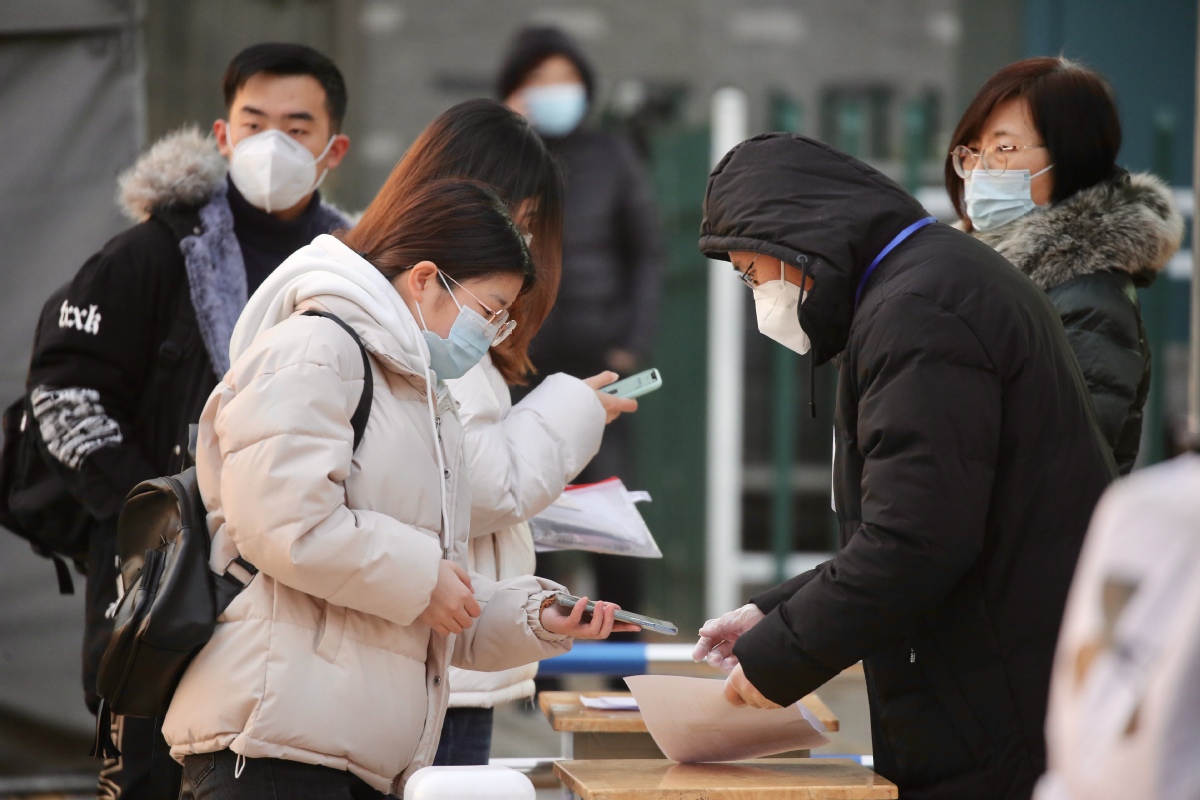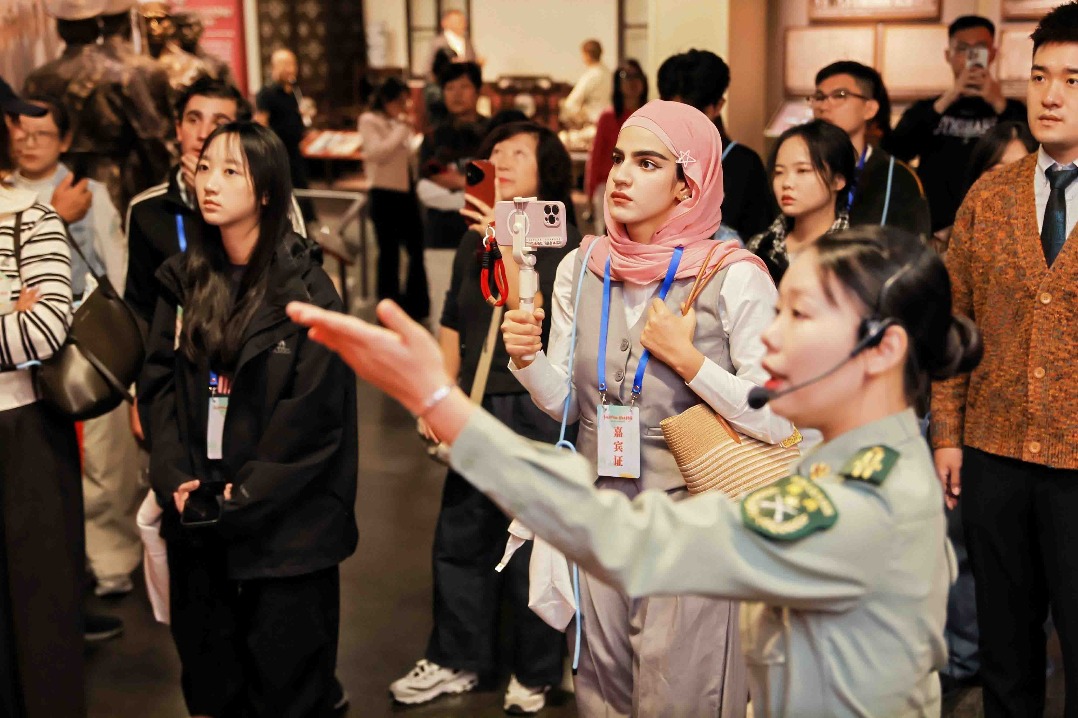Civil service hiring focuses on grassroots positions


The provincial-level civil servant recruitment campaign is focusing on grassroots posts this year, and some provinces have also explored ways to vie for professional talent to optimize the structure of the civil service.
Registration of provincial-level civil servant tests started around Feb 9 in all provincial-level regions on the mainland except for six provinces and cities-including Jiangsu, Shanghai and Beijing-which have arranged the written test on March 26 and 27.
Most regions have delayed their tests due to the sporadic outbreaks of COVID-19.
Provincial governments have lowered the threshold on education requirement, age and hukou (family registration) restrictions to offer a fairer and more practical recruitment campaign.
Jilin province, for example, has made 90 percent of the posts-around 4,800-accessible to college graduates, including 2,923 posts only open to college graduates. The number of grassroots posts stands at 1,088.
Henan province has offered 2,163 grassroots posts and has lower recruitment standards on education degrees, professions and ages to those applying for posts in towns and counties that have just shaken off poverty.
Also, 98 percent of the 7,993 posts Henan has offered this year don't require the applicants to have working experience at grassroots posts, creating a more friendly environment for college graduates and young applicants.
Liu Youzhen, an expert from Huatu Education, a training institution for civil service exams, said that the civil servant recruitment campaigns are showing a preference for college graduates and those willing to work at grassroots posts.
He said that it's a good way to help college graduates land jobs and improve the quality of civil servants.
Henan wants to recruit 10 judges from lawyers and legal experts this year, requiring applicants to have eight years of work experience after getting certificates to work in the legal sector, or eight years of teaching experience at colleges.
"Henan province has proposed that the lawyer or legal expert would be around 40 years old and would meet the standard," said Yao Junchang, co-founder of Beijing Weiheng Law Office.
"It would be difficult for him or her give up a job to become a judge because of the salaries. Lawyers usually have flexible working time and better incomes."
Lu Yijie, a 32-year-old lawyer from Beijing, said that though salaries and future career development are concerns to lawyers who wish to be a judge, it's good to explore the possibility.
"The legal life is based on experience and it's necessary to diversify the background of judges. Lawyers have rich practical experience and can be a good supplement to the group of judges," he said.
"Also, whether lawyers or judges, they are all members of the legal family, and can help push forward the improvement of the law through personal endeavor."
- Mobile judicial teams ensure justice for all
- Preparations begin for new space mission
- China, CELAC vow to broaden education collaboration
- Sichuan amphibious ship returns after maiden sea trial
- Justice on horseback: bringing the court to Xinjiang's herders
- China issues alert on overseas study in Japan




































